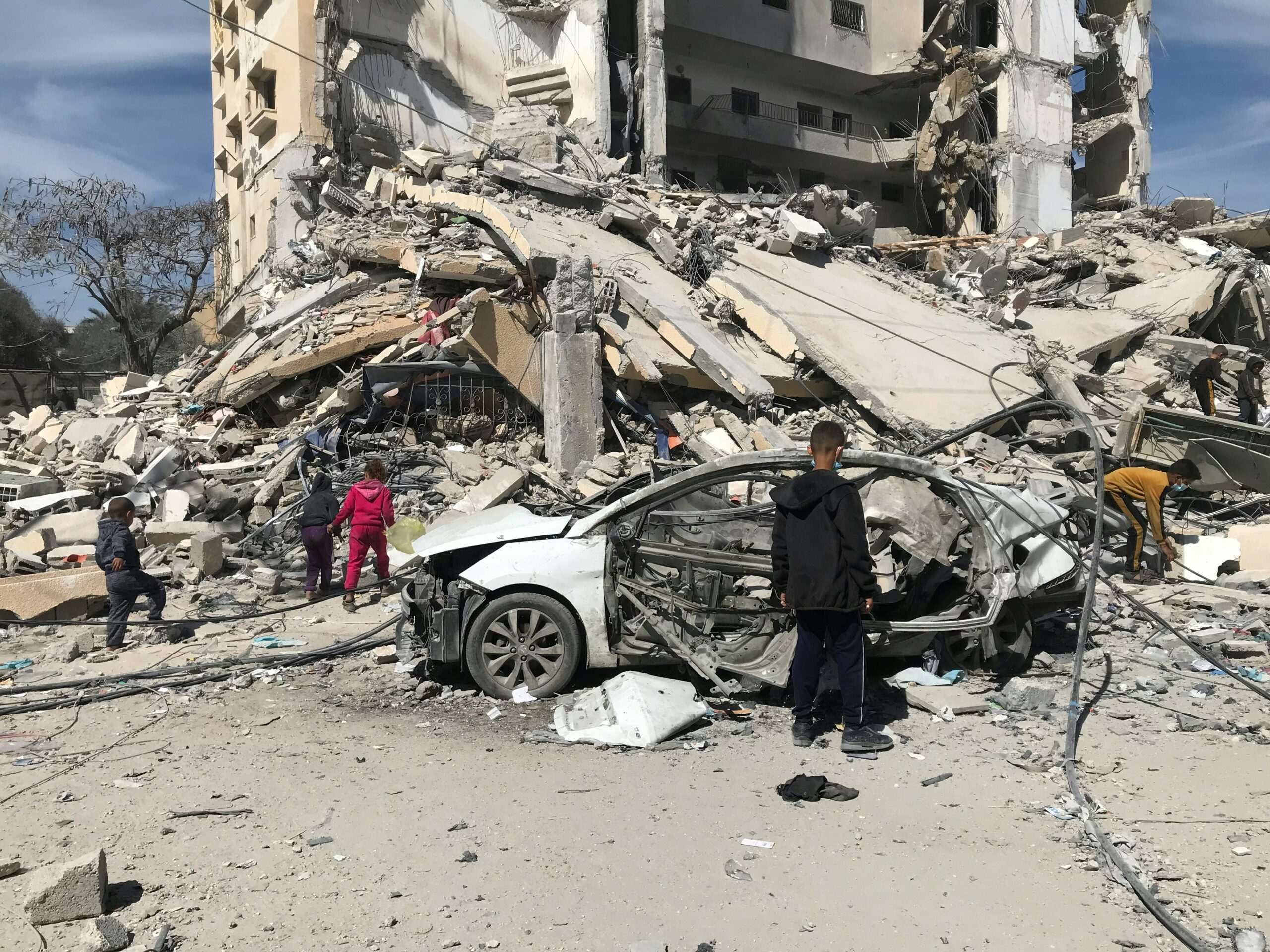My understanding of social justice has been greatly broadened as a result of my studying, which has given me both academic information and real-world experiences that have influenced my viewpoint. Social justice theory classes have been very helpful in expanding my knowledge. For example, learning about feminist and critical race theories improved my understanding of how structural injustices are both challenged and maintained. These classes highlighted the significance of intersectionality by illuminating the ways in which many oppressions interact and affect people’s lives.
Researching issues related to social justice has also been informative. As an illustration, I published a research paper titled
“What is the impact of multinational corporations and investment practices and how do they contribute to internal displacement in South Kivu, DRC?”,
exploring how international firms and investment practices affect internal displacement in South Kivu, Democratic Republic of Congo. For this assignment, I looked at the ways that multinational mining companies in the Democratic Republic of the Congo (DRC) have a negative influence on local inhabitants, leading to internal displacement and trauma. I examined the ways in which these businesses prioritize profits over people, resulting in environmental harm, social instability, and human rights violations.
There was significant displacement as a result of the forced relocation of thousands of natives brought on by multinational mining activities, which damaged livelihoods and communities. There is a high frequency of trauma and human rights violations as a result of the physical, mental, and psychological stress that residents have endured as a result of violent conflicts, exploitation, and relocation. This study demonstrated the value of fair policies and the necessity of community participation in decision-making.
Sociology, political science, environmental studies, and other fields’ points of view were frequently incorporated into my education. The way that laws regarding the environment disproportionately impact marginalized groups was the subject of an environmental justice course, for example. My understanding of the interdependence of social justice issues and the significance of comprehensive solutions has improved because of this interdisciplinary approach. My experience volunteering with social justice organizations has given me real-world knowledge that has greatly enhanced my academic education. For instance, I was introduced to the difficulties encountered by the homeless and people living in poverty through my work with Mustard Seed, a local non-governmental organization (NGO). It also made clear how crucial advocacy and support services are to dealing with these problems.
I now have a better awareness of the underlying causes that lead to poverty and homelessness because of my volunteer work. Beyond theoretical conversations, I was able to see the human side of social justice work by interacting directly with those impacted by these issues. I discovered how important NGOs are in delivering basic services like food, shelter, and medical care as well as in promoting legislative changes that would address the underlying causes of poverty. One example that sprang to me was planning a community outreach program to link homeless people with nearby resources. In addition to offering immediate aid, this event helped attendees feel supported and part of a community. It reaffirmed the notion that both direct service and systemic change are necessary for social justice efforts to be effective.
“The true measure of any society can be found in how it treats its most vulnerable members.” – Mahatma Gandhi
All things considered, these volunteer opportunities have deepened my comprehension of social justice by highlighting the necessity of all-encompassing strategies that blend efforts to solve more general structural problems with efforts to provide actual assistance. By combining theoretical knowledge with real-world experiences, my education has given me a thorough understanding of social justice. In addition to enriching my academic career, this all-encompassing approach has equipped me to make a significant future contribution to social justice initiatives.
